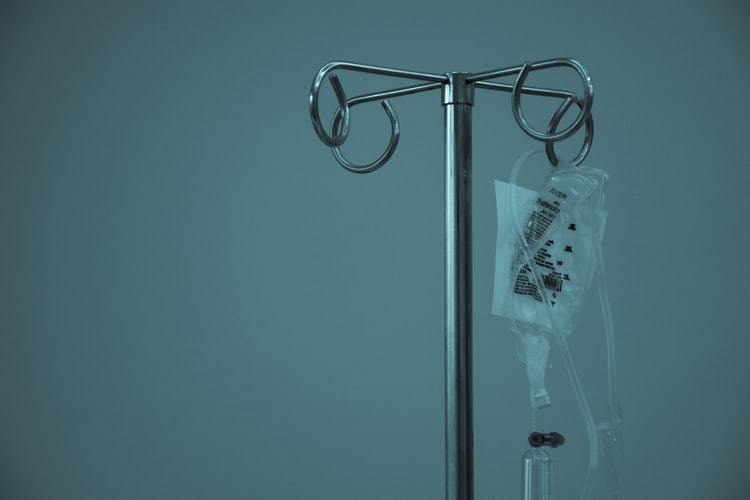
403
Sorry!!
Error! We're sorry, but the page you were looking for doesn't exist.
Australian researchers create lab-grown blood stem cells
(MENAFN) Australian researchers have achieved a significant milestone by creating lab-grown blood stem cells that closely resemble those in the human body. This groundbreaking development, announced on Tuesday, represents a world-first breakthrough from the Murdoch Children's Research Institute in Melbourne. The researchers have succeeded in generating transplantable blood stem cells that could revolutionize treatment options for disorders such as leukemia and bone marrow failure.
Blood stem cell transplants, also known as bone marrow transplants, are essential for treating various blood-related conditions due to their unique ability to self-replicate and produce red and white blood cells, as well as platelets. However, one of the major challenges in stem cell transplantation is finding a perfect donor match. The newly developed lab-grown stem cells, which closely mimic those found in human embryos, could overcome this obstacle by providing a match for any patient.
The study demonstrated that these lab-grown blood stem cells could be used to create specific blood cell types required for transplantation. Elizabeth Ng, one of the researchers, emphasized the transformative potential of this technology. By reprogramming patient cells into stem cells and then producing matched blood cells, the new method could significantly impact the lives of patients with blood disorders. The cells have been shown to function effectively when injected into immune-deficient mice, achieving similar results to those observed in umbilical cord transplants.
Furthermore, the researchers found that the lab-grown cells could be frozen and preserved before transplantation, replicating the process used for donor cells. Andrew Elefanty, another lead researcher, highlighted that this advancement could address the issues associated with donor-to-patient transplants, such as compatibility complications and donor shortages. The next step for this research is to initiate a phase one clinical trial within the next five years to evaluate the safety and efficacy of these lab-grown cells in human patients.
Blood stem cell transplants, also known as bone marrow transplants, are essential for treating various blood-related conditions due to their unique ability to self-replicate and produce red and white blood cells, as well as platelets. However, one of the major challenges in stem cell transplantation is finding a perfect donor match. The newly developed lab-grown stem cells, which closely mimic those found in human embryos, could overcome this obstacle by providing a match for any patient.
The study demonstrated that these lab-grown blood stem cells could be used to create specific blood cell types required for transplantation. Elizabeth Ng, one of the researchers, emphasized the transformative potential of this technology. By reprogramming patient cells into stem cells and then producing matched blood cells, the new method could significantly impact the lives of patients with blood disorders. The cells have been shown to function effectively when injected into immune-deficient mice, achieving similar results to those observed in umbilical cord transplants.
Furthermore, the researchers found that the lab-grown cells could be frozen and preserved before transplantation, replicating the process used for donor cells. Andrew Elefanty, another lead researcher, highlighted that this advancement could address the issues associated with donor-to-patient transplants, such as compatibility complications and donor shortages. The next step for this research is to initiate a phase one clinical trial within the next five years to evaluate the safety and efficacy of these lab-grown cells in human patients.

Legal Disclaimer:
MENAFN provides the
information “as is” without warranty of any kind. We do not accept
any responsibility or liability for the accuracy, content, images,
videos, licenses, completeness, legality, or reliability of the information
contained in this article. If you have any complaints or copyright
issues related to this article, kindly contact the provider above.


















Comments
No comment